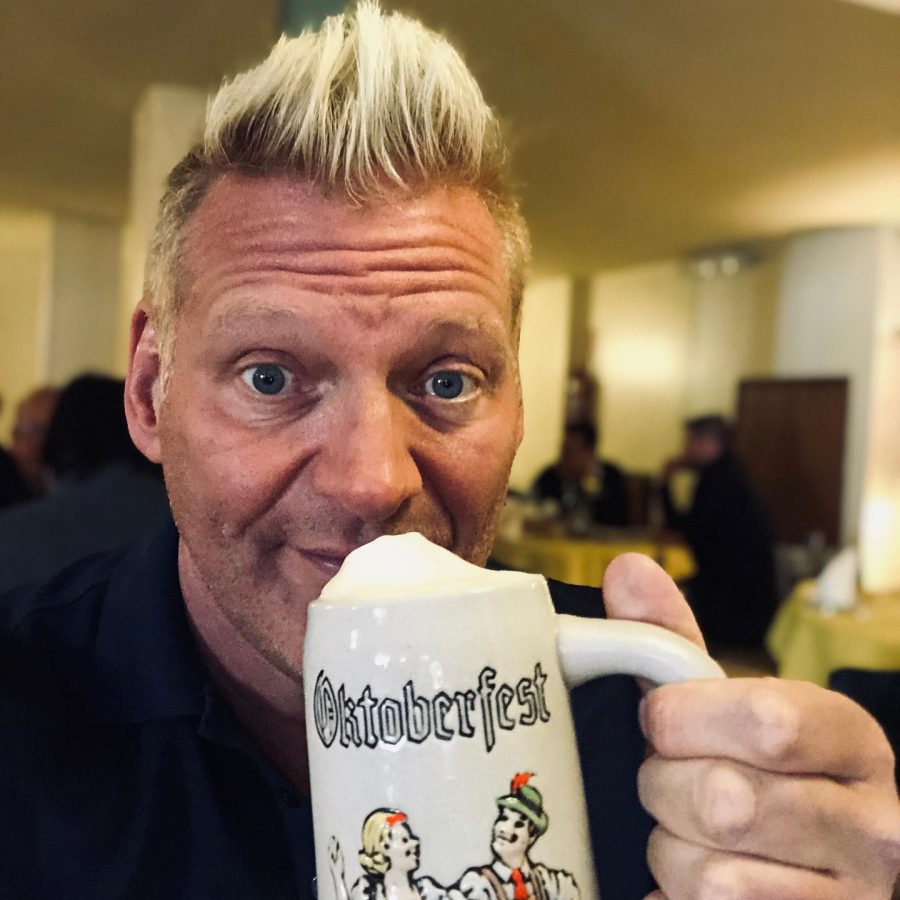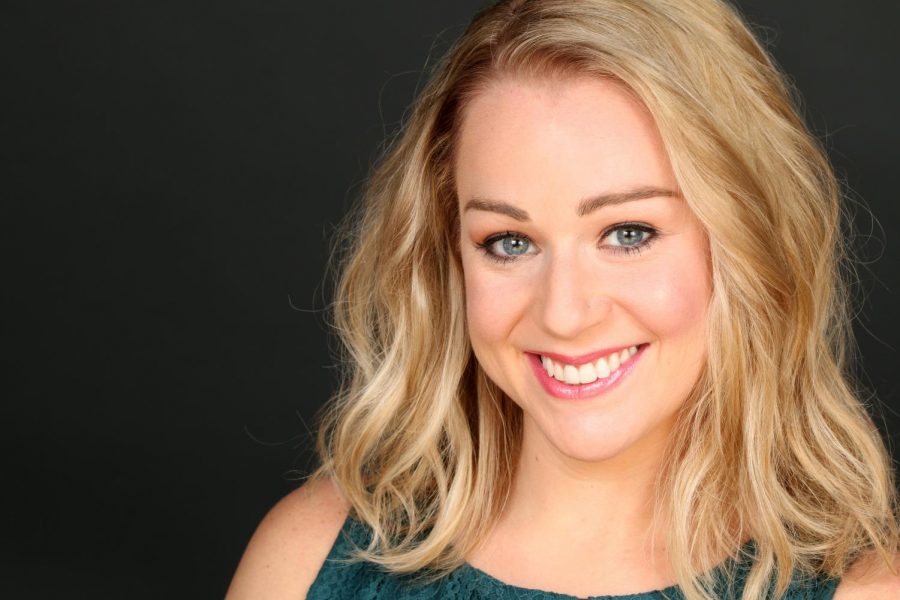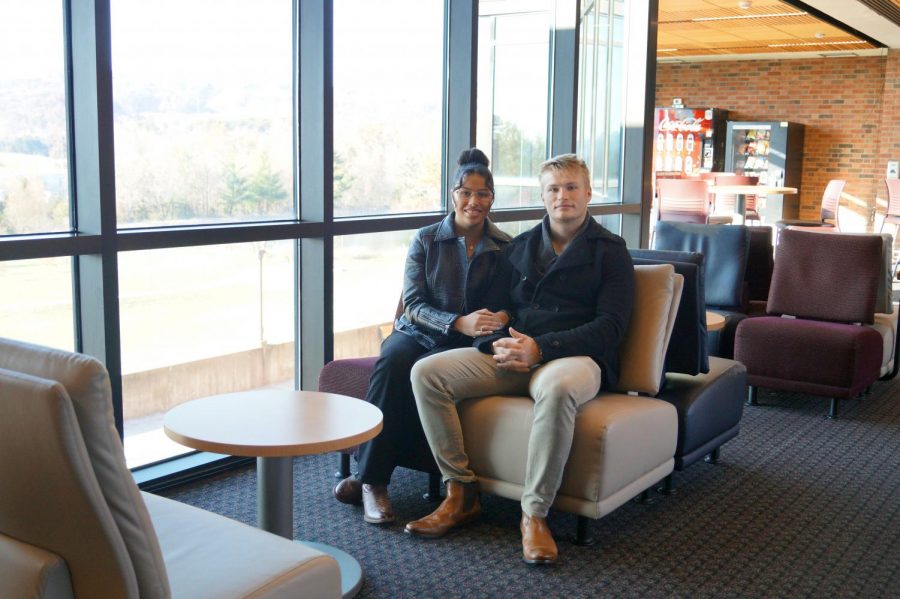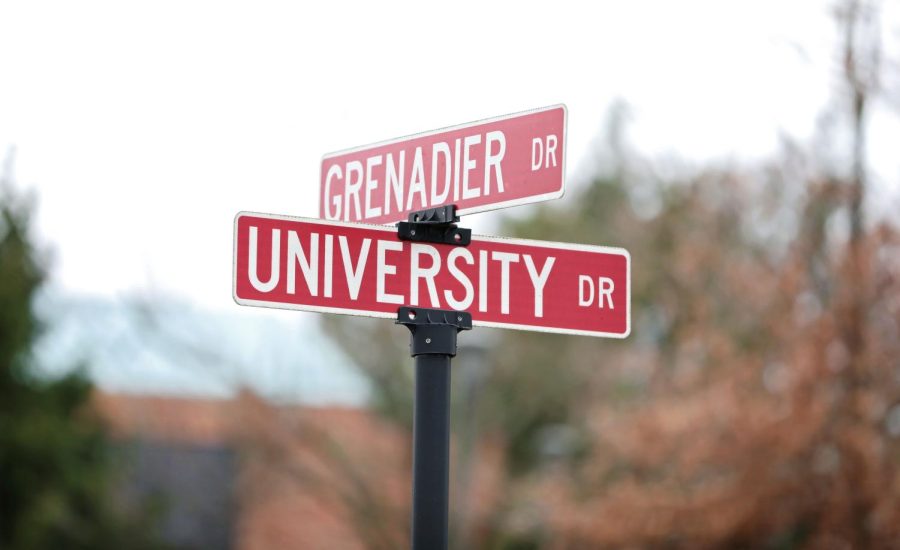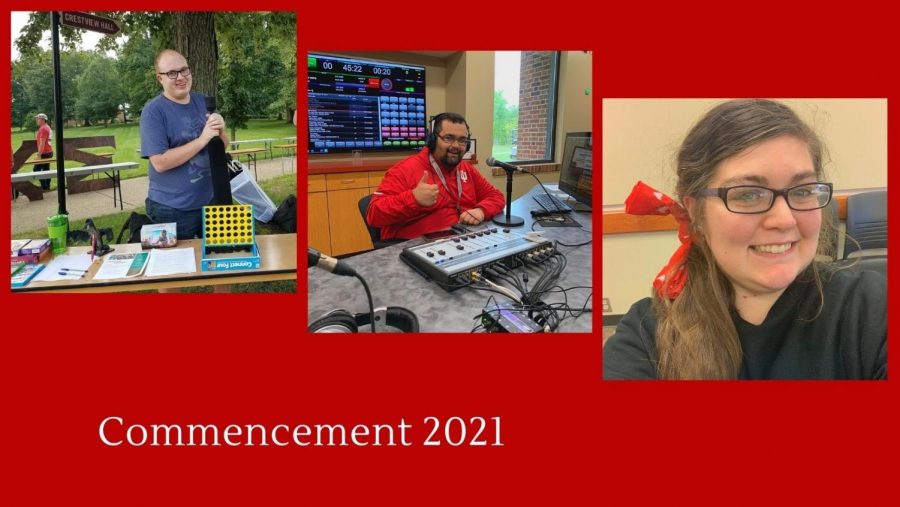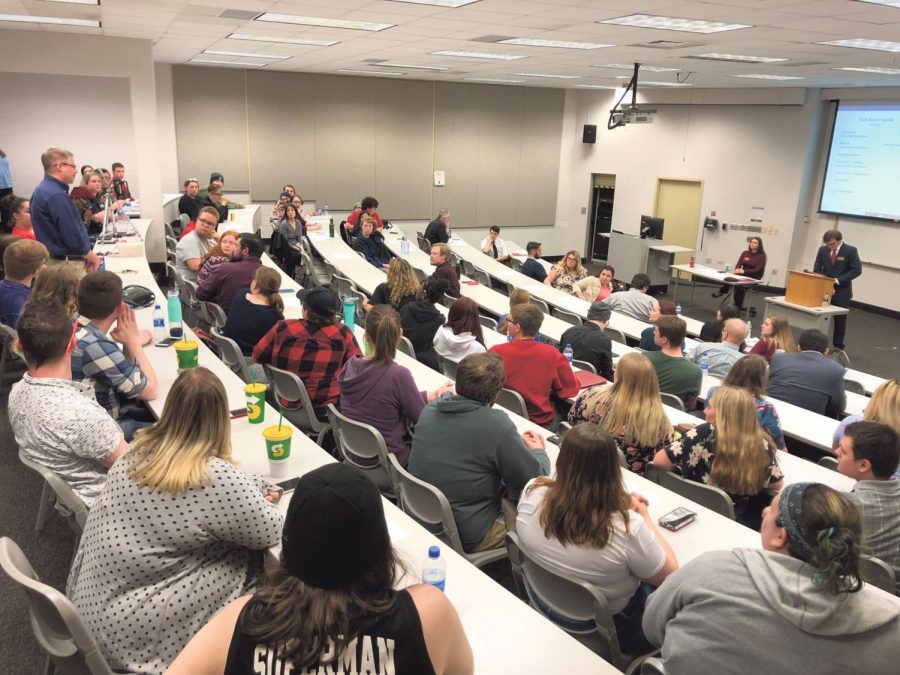Living in a foreign country for two years of one’s life is a daunting task in and of itself. Knowing next to no one, not being completely fluent in the local language and getting used to the customs of a foreign country can all add to the strain of being so far away from home. Combined with the stress of getting married and having a child, the situation can seem unmanageable.
This is what William White, adjunct lecturer of Spanish, lived through when he spent two years teaching in Egypt during the Arab Spring.
White said he has had a passion for language since he started learning Spanish in high school.
“I’d always try to teach myself,” White said. “I’ve taught myself enough French that I could get by, not confidently, but I could make myself understood.”
White’s studies in the Spanish language have taken him to many different countries over the years. As an undergraduate student at the University of Louisville, he got the opportunity to study abroad in both Mexico and Spain.
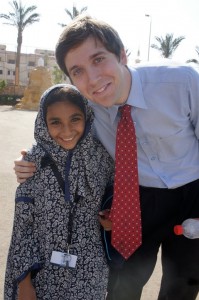
“Mexico was a really interesting experience because, while Spain was an organized study abroad, my experience in Mexico was, what was called at the time, a Muhammad Ali Peacebuilder Program,” White said. “I was the only American student there, the only foreign student that I could find.”
When he moved on to graduate school at U of L, he was encouraged by his professors to study a second language while working towards his master’s degree in Spanish. Initially, White said he was going to study another romance language, but none of the French or Italian classes would fit into his schedule, and Arabic was the only class that could work.
Once his classes started, White said he became very interested in the Arab world and decided he would have to go to the Middle East one way or another.
“I happened to meet Egyptians in my time as a graduate at U of L,” White said. “One was a friend and the other was the one I eventually married. You can guess which one was the stronger motivating factor.”
His wife, Shereen, is from Egypt and was a Fulbright participant at U of L. She taught intro to Arabic classes at the university for two semesters. They shared an office together and met weekly so White could practice his Arabic with a native speaker.
“I was just starting to learn Arabic, had just come back from Morocco and wanted to practice my Arabic,” White said. “That’s just kind of where it started. We kind of just developed a relationship, and one thing led to another and I showed up in Egypt and we got married a few months after that.”
After he had finished graduate school, White said he took on as many jobs as he could and started saving his money to make the move to the Middle East. He was considering moving there without getting a job beforehand and just applying to as many places as possible, but he was able to find a job.
“All of the sudden, I found a connection in Egypt and the guy hired me on the phone,” he said. “Like in two minutes. ‘Why do you want to come to Egypt?’ ‘I’d like to come to Egyp–’ ‘OK, OK I’ll hire you!’”
He was hired on as a teacher at Dover American International School in Al Shorouk City, Cairo. It is an American and international college preparatory school that follows American school curriculum and teaches its subjects in English.
He made the move to Egypt in August 2010 and got married to Shereen four months later.
“I had spent a month in Morocco, so the culture was somewhat familiar, but when I got there, I was getting used to settling in and after a few months, the Egyptian revolution happened,” White said. “The Arab Spring. I had been married for about a month, and my wife was pregnant. I got married in December, and that happened in January.”
White said that it was overwhelming at first. He said that they had no means of knowing what was going on in the country.
“I didn’t have a lot of experience living in a country that was falling apart or having some sort of collapse of a regime,” White said. “The hardest part in the beginning was that the government cut off cell phones, cut off the internet. They kind of cut off everything.”
White said that the biggest lesson he learned from the experience was what fear can do to people. He said there were nights where he stood outside his house with a baseball bat because there were rumors of thieves in his neighborhood. People were telling him not to let anyone know he was American, but he said he never felt like he had to worry about that.
“I never felt that I was looked at differently; I just never felt like an outsider,” he said. “I felt more Egyptian, even though I’m clearly not.”
He spent some nights patrolling, baseball bats in hand, with other Egyptians to make sure no thieves came into their neighborhood. No one thought anything of him being American.
“Ended up that none of that was happening,” White said of the rumors of thieves. “It was scary in the beginning, and then it calmed down. Order was kind of restored. But it was always a bit unstable throughout the whole thing.”
White had only intended to stay in Egypt for a year, but once the revolution started it was almost impossible for his wife to get out of the country. She was an Egyptian and did not have a visa to leave the country.
“The American Embassy was constantly being shut “The Embassy was attacked a week before our interview, so they closed it for months.”
While Shereen could not travel, she wanted him to travel to Europe. During the first two weeks of the revolution, they were unsure of how severe the situation was going to become, but White said he never felt like leaving was an option, as he could not leave his wife.
White said during the start of the revolution, Dover American International canceled school often and that many of the teachers had left to go back to their home countries. Once they figured out that Egypt was not going to completely fall apart, however, White said that classes were back in session.
At Dover American International, White was teaching elementary school students. When he took the job, he said he had no idea that he was going to be teaching 10-year-olds.
“They didn’t tell me that,” White said. “I thought I was just going to teach just ESL [English as Second Language] students I had no idea what I was doing.”
White had taught Spanish at U of L during his graduate studies, but he said teaching college students had not prepared him for the stress of teaching elementary school students.
“It required a crazy amount of work and stress here and there,” White said, “but I ended up forming relationships with some of these students,and they still Facebook me and send me messages about what they’re studying. It’s really cool.”
While White said he enjoyed his time teaching the young students in Egypt, he said he cannot see himself taking another elementary teaching job in the future.
“I prefer teaching adults at this point,” White said.
Chris Brody, psychology junior, had his first Spanish class with White last semester. He said White’s passion for language made him a great teacher.
“He is seriously the best teacher I’ve ever had,” Brody said. “He’s real down to earth and really understanding, and his teaching reflects that.”
Brody said he could tell White’s passion for language because of how it was part of his everyday life.
“He’s lived in different countries, he’s taken the time to learn multiple languages, and he teaches one of the languages here and at U of L,” Brody said. “It’s just his life.”
Brody said that White’s ability to break down the grammar and structure of the Spanish language has helped him immensely.
“He is always encouraging you,and he could tell when I was feeling discouraged about Spanish,” Brody said. “He’s like my foreign language mentor.”
Since having a class with White and hearing of his travels, Brody said he is inspired to study abroad, possibly next summer.
White said he would encourage anyone to take the opportunity to study abroad. He said a lot of people think that traveling abroad requires a huge amount of money or that it’s a scary thing. While that can be true, he said there is a different way to look at it.
“My father passed away when I was 2, so Iwas raised by my mom,” White said. “I mean that was it, we weren’t rich or anything. Where did the money come from? It came from just taking advantage of opportunities.”
He said people would be surprised how little they have to pay if they just look for the opportunities and scholarships for travel.
“We shouldn’t view the United States as this bubble that we live in and these other places are so far away, because they’re actually not,” White said. “You could get on a plane in an hour from now and by tomorrow morning you’ll show up in the Middle East or South America, you could be anywhere in a very short amount of time. I think we have to take advantage of that.”

